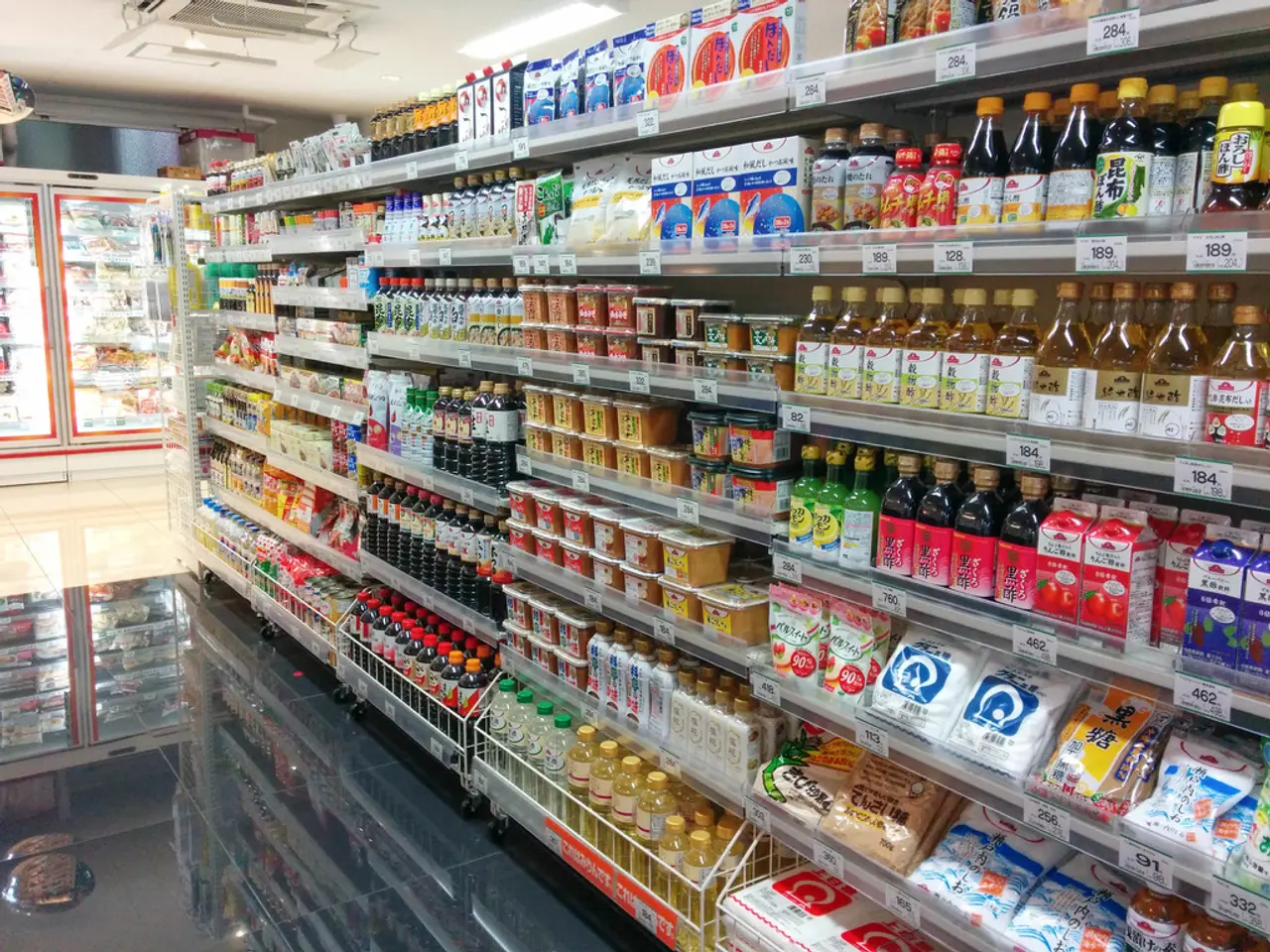Insights gleaned from Zing's shutdown: An examination of HSBC's money transfer app efficiency and strategy
HSBC's digital money transfer app, Zing, launched in partnership with Visa in January 2024, aimed to challenge established fintech players like Wise and Revolut in the consumer money transfer market. However, the bank announced the closure of Zing in January 2025, reflecting mixed outcomes in its adoption and competitive positioning.
Main Challenges
Zing faced stiff competition from established digital money transfer and financial services apps. Despite HSBC’s global banking presence, Zing struggled to differentiate itself and capture significant market share against nimble fintech startups offering innovative, user-friendly, and often cheaper international transfer services. HSBC’s traditional banking model may have limited the agility and speed needed to scale a digital-first app, potentially causing difficulties in product evolution and user experience compared to fintech rivals.
Successes
Collaborating with Visa was a strategic strength, ensuring robust infrastructure and payment network support for Zing. Leveraging HSBC’s global brand and trust in international banking gave initial credibility, which is often a barrier for standalone fintech startups.
Lessons for the Industry
The closure of Zing highlights several lessons for the industry. First, large incumbent banks cannot rely on brand alone; rapid innovation and highly competitive pricing are critical in the digital money transfer market, where customers have low switching costs. While partnerships like HSBC and Visa are beneficial, they must be integrated with a compelling user experience and competitive cost structure to thrive.
Second, banks need to align digital product strategies with their operational strengths and customer segments. HSBC’s decision to close Zing and instead expand other core banking and wealth management areas suggests that banks should focus on areas where they have a clear competitive advantage.
Third, competing against fintechs such as Wise and Revolut requires agility in product development, transparent fees, and seamless user interfaces, areas where fintechs excel. Nimbleness and customer-centric design are key to success in the digital money transfer market.
In summary, HSBC’s Zing app illustrates the challenges traditional banks face in digital-first consumer money transfers, particularly against specialized fintech firms. The industry takeaway is that successful competition demands not just innovation and partnerships but also a relentless focus on customer experience, cost efficiency, and strategic coherence with the broader banking model.
Customers have until 22 May 2025 to transfer all remaining balances to alternative providers before Zing accounts are closed. After 2 April 2025, no new funds will be allowed to be added to Zing accounts. Existing Zing customers can continue to use all parts of the app until 2 April 2025.
In the digital money transfer market, the adoption of innovative technology and user-friendly services is crucial for success, as demonstrated by the closure of HSBC's Zing app. To thrive against fintech rivals like Wise and Revolut, large incumbent banks must emphasize rapid innovation, competitive pricing, and a customer-centric approach to product development.




